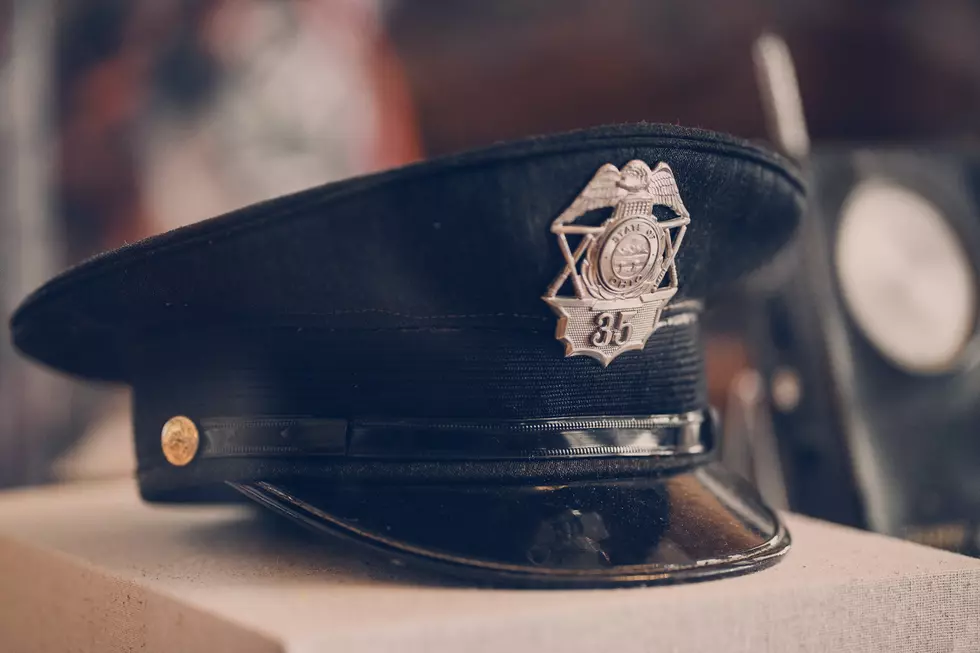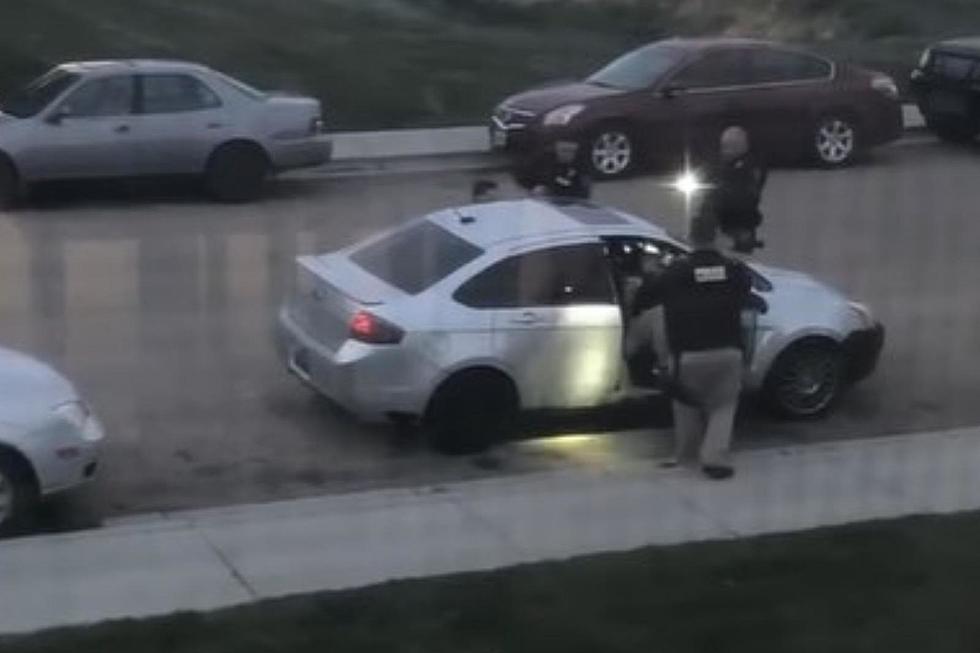
Becoming A Police Officer In Boise Just Got A Lot Easier…Is That Good Or Bad?
If you've always dreamed of joining the Boise Police Department (BPD), achieving your dream just got a little bit easier. The BPD is now lowering its education standards for future candidates looking to become police officers.
Previously, an officer in the Boise Police Department needed 60 college credits to be considered for the job, which is the equivalent of an associates degree. Now, the change will only require a high school diploma or a GED.
According to Boise Police Department Deputy Chief Tammany Brooks, the Department is currently short by about 32 police officers, according to data from BPD spokesperson Haley Kramer. Many officers have recently retired and now there is a need for more officers as Boise continues to grow in population. It's one of the fastest growing cities in the country.
"There's a lot of challenges and competition for talented people. Our primary focus on recruiting efforts really should be here in the Treasure Valley."
Brooks says that high educational standards can prove to be a barrier of entry and can turn away quality candidates.
He says, "That priority should be placed on someone's content of character. Going back to when I first started this profession, I did not consider college. I was hired as a high school dropout. It wasn't until I met my soon-to-be wife. She was a victim of road rage. When we went to the local police department to file a report, she said to me, 'I think you'd be a good police officer.''
A department in the state of California only required a GED, and Brooks checked all of the boxes. He spent 26 of his 27 years on the job in said department. Eventually, he rose to Police Chief before moving to Boise 10 months ago when he joined the Boise Police Department.
"Fortunately I was given that opportunity at a young age, even though growing up I didn't know this was gonna be the direction that I headed," Brooks said.
Since then, he has earned a Bachelor's and Master's degree. Brooks places a high value on education and wants BPD to provide a path towards better education for its officers and staff.
According to The College of Western Idaho (CWI) Public Safety Programs Department Chair John Tucker, the CWI awards Boise Police officers college credit through a form called a "professional learning assessment" (PLA).
When someone completes the police academy, they can then fill out the PLA and receive credit.
Brooks says, "We've provided the curriculum of the police academy to CWI and they've looked at and taken the learning that takes place at the police academy and correlated that to what they determined to be a sufficient amount of college units."
In addition to that, BPD is looking to create a partnership with CWI for educational opportunities that are accessible for police officers to take courses while still working full-time at the department.
The hopes for the BPD are for their officers to earn an associate degree within 5 years of joining the department.
"Once they become a police officer, the growth and development shouldn't stop there. We should be continually looking to expand their horizons to help develop them not only professionally, but personally as well," says Brooks.
Currently, there are 102 entry-level candidates, according to Kramer. Brooks says that the success rate of these candidates becoming BPD officers is roughly 10%.
The Pros And Cons Of This Decision
We just covered some of the Pros of this decision to loosen educational requirements to become a Boise Police Officer. It allows more access, and gives quality candidates a better opportunity to become an officer. Previously, great candidates could have been turned away simply because of the level of education they've received.
This isn't necessarily fair because their backgrounds could be different. Not everyone can afford school and classes. So, this allows more candidates to come through and possibly make it through to become an officer.
It's clear that the BPD has a great plan in place, and their leadership, like Brooks, have tons of experience and know what they are doing. Now it's all about executing.
However, there are some concerns with loosing restrictions to become a police officer. A Harvard Degree wouldn't mean as much if the prestigious school accepted everyone. Shouldn't police officers have more regulations? It's a very important job where lives are in their hands, the community should expect the best of the best to make it. That may mean having educational requirements and standing by them.
This doesn't mean calling for defunding the police department, or anything like that. It's just a very important job and we should have the best people representing the police department in Boise. It's good to see that despite loosing the restrictions, the department is still encouraging officers to get an education.
There have been too many instances lately where officers weren't properly trained or prepared for the job at hand, and mistakes can be made and lives can be lost.
It's the same kind of thing with doctors. I wouldn't want less restrictions and standards for people to become doctors. It's an important job where you want somebody experienced and trained on duty.
What do you think about this decision? How do you see it working out for Boise and our community?
Do You Have What It Takes To Work Dispatch For Nampa Police?
Gallery Credit: Chris Cardenas
1-Star Reviews of Treasure Valley Police Departments
Gallery Credit: Chris Cardenas
Video Catches Suspect Fleeing Police, Is He Still in Idaho?
Gallery Credit: Chris Cardenas
Boise PD Investigating Stolen Pride Flags In The North End
Gallery Credit: Cort Freeman
More From Mix 106









